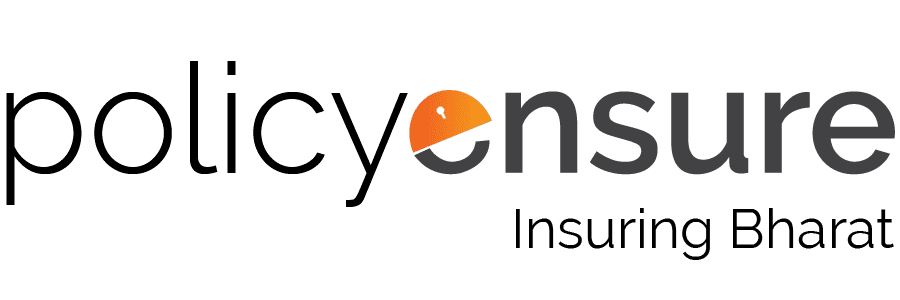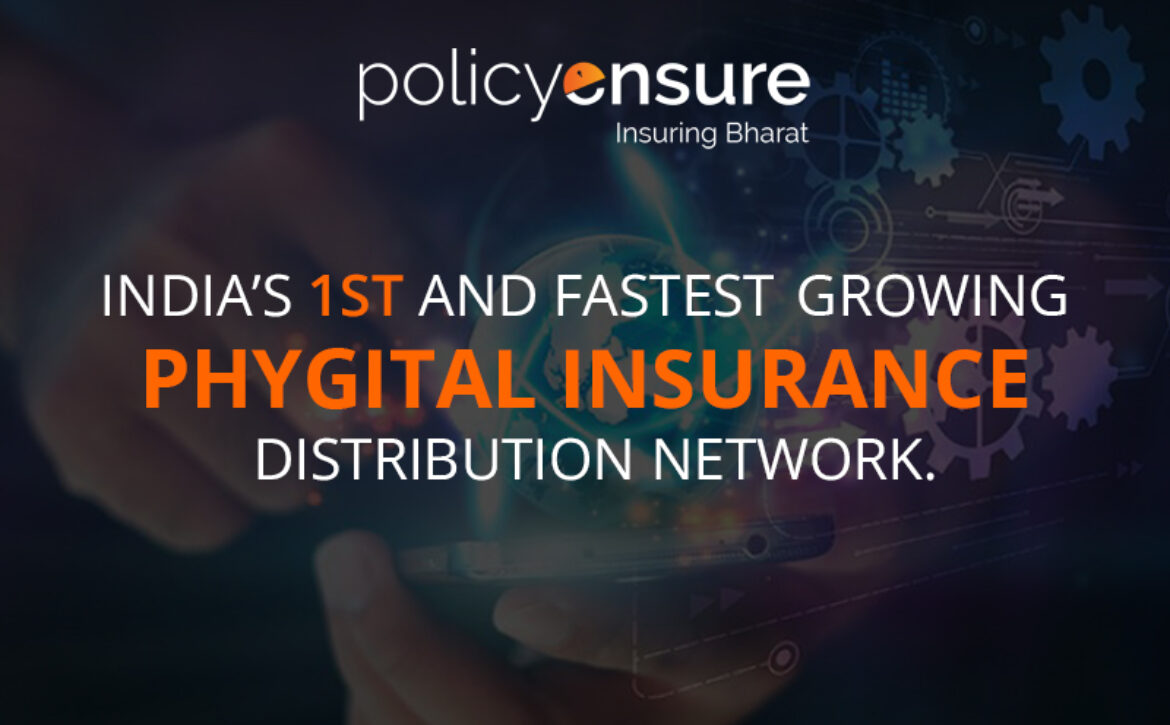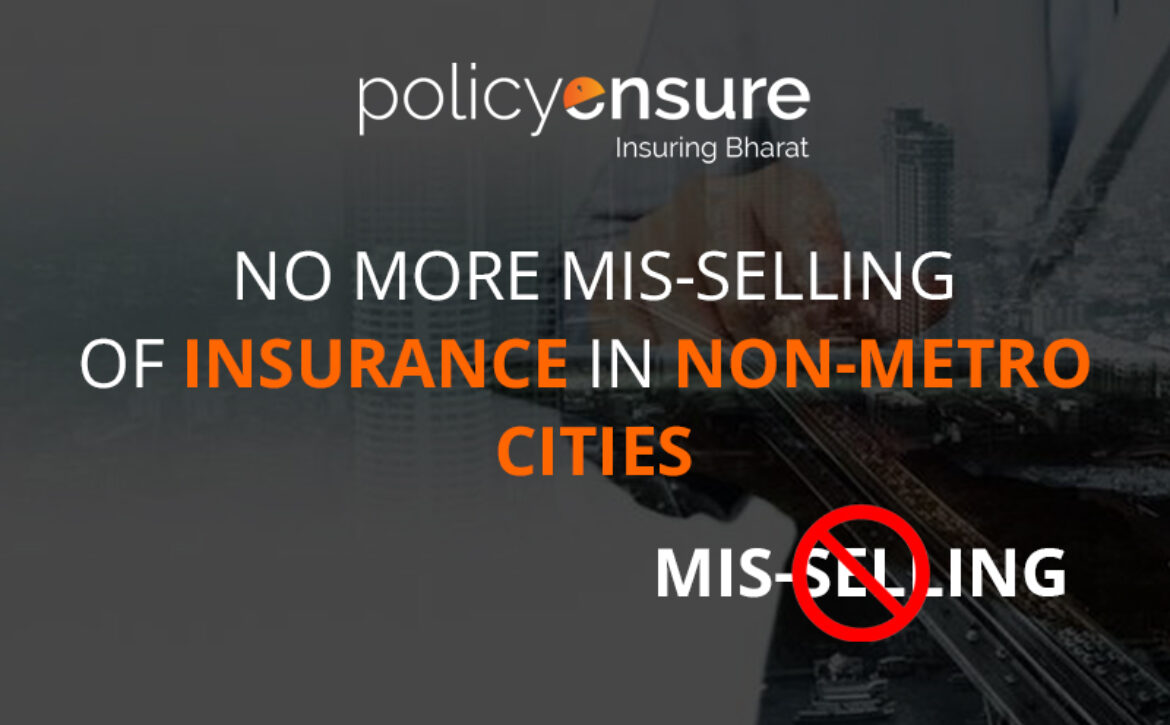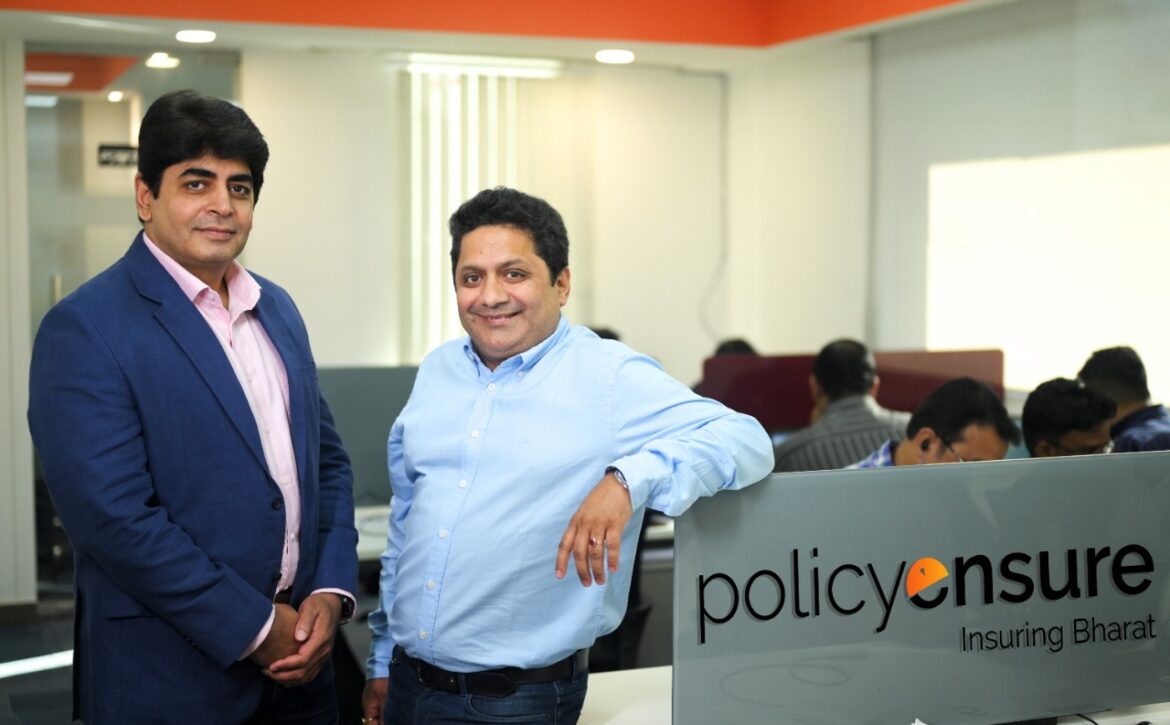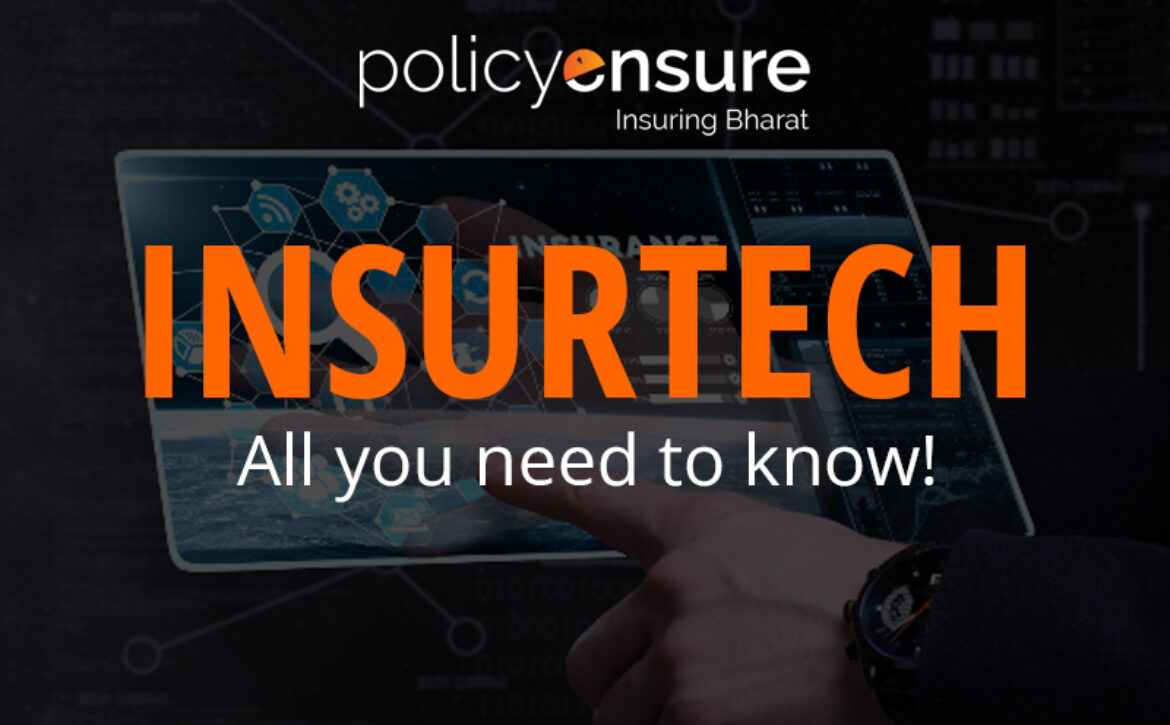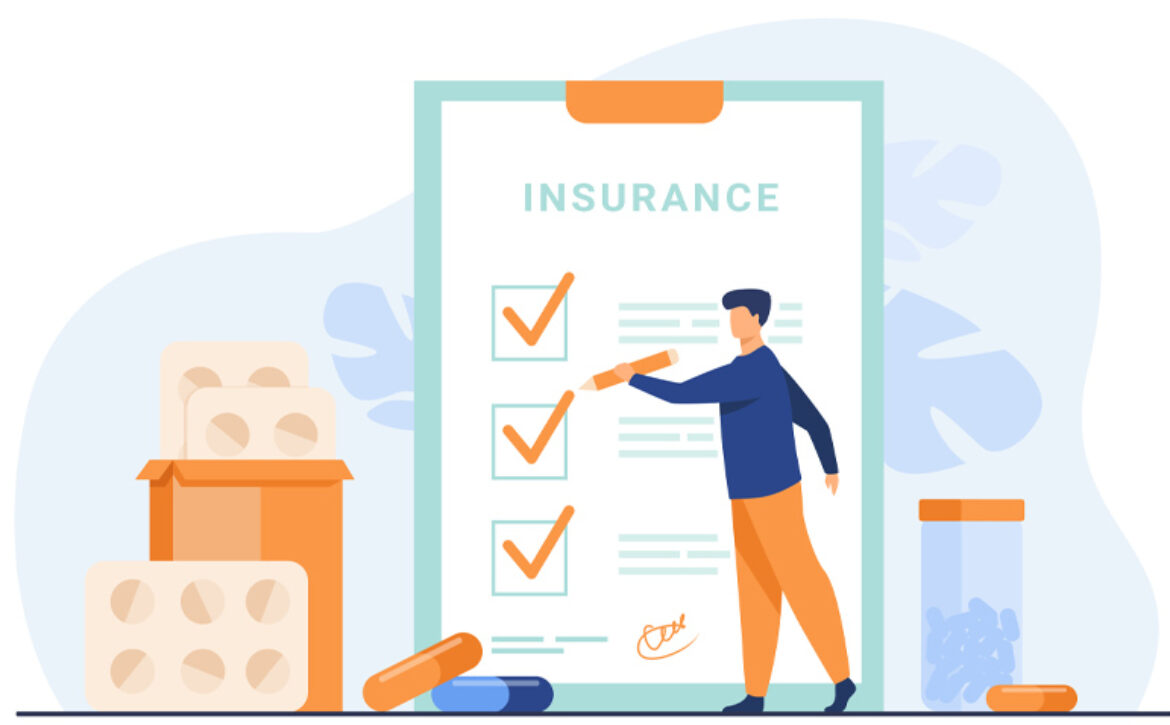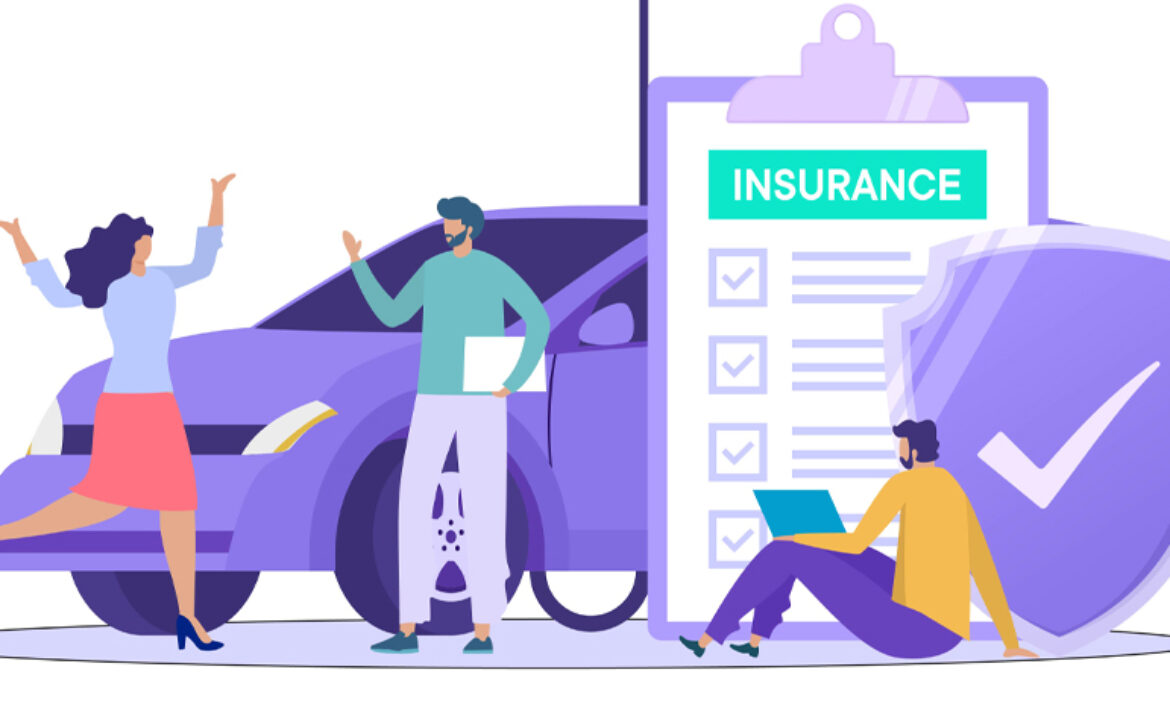India’s 1st and fastest growing PHYGITAL insurance distribution network
Policy Ensure – India’s 1st and fastest growing PHYGITAL insurance distribution network.
Non-metro cities will have more options now with easy access
Indian is an ever ever land when it comes to opportunities, putting innovative practices and even to witness evolving preferences for products and services. Just that India has its own peculiar ways of adopting and accepting new business models and the related PHYGITAL insurance distribution structures.
What works in a developed country may not work in India in the same format. It surely needs a local tweak with no compromise in quality and credibility of product/service provider.
The insurance business is no exception to the above. It becomes even more significant if the growth plans are really big to penetrate in the hinterlands that are full of business opportunities waiting for someone to crack the code of acceptance!
Times of India in its recent article stated: The unexploited insurance market of rural India, highlighted that at present, life insurance coverage in non metro/rural India is set at a mere 8-10% while less than 20% of the rural population has any form of health insurance. Also, 95% of Indian housing lacks any form of property coverage. India has extensive geographic and economic variations causing the low coverage rates prevail in the country. Additionally, several internal challenges still exist in the country, including distributional challenges like last-mile access, lack of sustainable products, transactional inconvenience, among others.
Policy Ensure, since its inception in 2017, was clear with its strategy to cover the ‘real bharat’ comprising of tier2-3 cities (not rural as of now) when it comes to selling insurance. “The journey however was arduous while building that network” says Pankaj Vashistha, Co-Founder – Policy Ensure.
While we were clear it has to be made with the mindset of reach2each in terms of individuals and households with the seamless connect surpassing infrastructural constraints without losing on human to human (H2H) touch– adds Pankaj.
That’s where his more than three decades of experience (before setting up Policy Ensure) came handy while understanding and building the insurance distribution networks for Policy Ensure.
“The hybrid/blended approach will ensure reach2each. We added digital to physical insurance distribution network to compliment and cover the gap areas arise due to physical access constraints. And it worked!” – told to us by Rahul Mishra, Co-Founder, Policy Ensure
Rahul also comes with more than three decades of experience in business strategy, network building in insurance sector and few other industries.
“There is still so much to do as the markets are really big. Even 300-400% YoY can be easily achievable” shared Rahul
The PHYGITAL model to build insurance distribution network helped Rahul and Pankaj to crack that ‘code of acceptance’ to the full view business opportunities from tier-2-3 cities.
Customers in these cities not only got the never before access to the different insurance options and portfolios (otherwise restricted to only metros or very few growing cities) but also got the ease of getting them with less documentation hassles or physical presence constraints.
As expected, Policy Ensure set the bench mark with the phenomenal growth in less than 5 years covering 6000+ pincodes, covering in 700+ RTOs PAN India and more than 2 Lakhs happy customers under its belt since inception.
“For us the insurance is as good as a social security number while living in smaller cities. We feel secured. No government card can give us this kind of a real peace of mind especially in Covid times. Now the problem of limited options is also solved by Policy Ensure. They even completed the entire process digitally that we could never be able to do by our own. Our time got saved, got the right information and didn’t go thru any hassles”- shared by one their happy customers
Policy Ensure is now all set to witness the next level of growth in 2022 that may go with more than 100% rate on performance metrics reaching deeper into Bharat in their endeavor of making Bhavi Bharat with network of karmath micro insurance entrepreneurs across Bharat.
